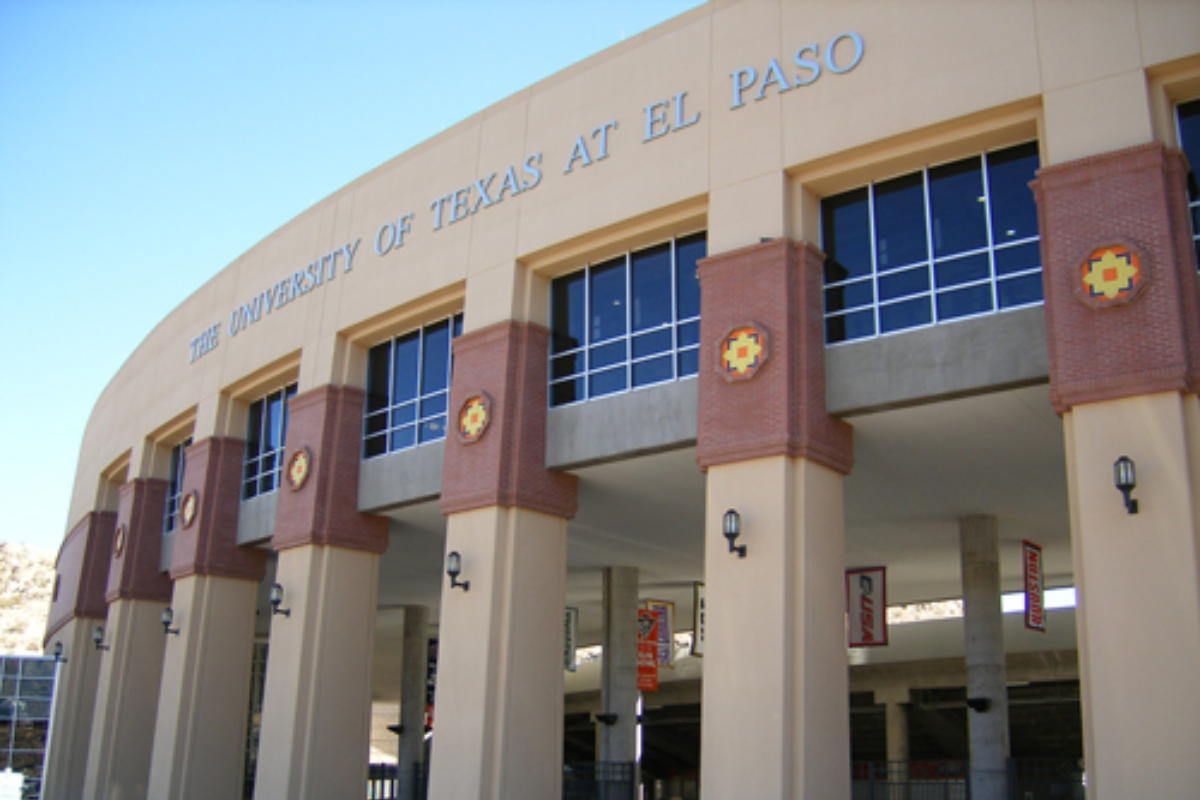The world of academia is taking artificial intelligence outside of the realm of speculative sci-fi and into the dusty desert air of El Paso, Texas. The University of Texas at El Paso (UTEP) announced the launch of its new AI Institute for Community-Engaged Research (AI-ICER), setting out to harness AI in tackling regional adversities. With a hefty financial kickstart from The University of Texas System Regents' Research Excellence Program, UTEP aims to cement its role as a pioneering institution in responsible AI development, an announcement that brings together expertise from across campus departments.
Focusing on collaborative ties that interlace community needs with technological sophistication, the institute is setting a new paradigm wherein approximately 30 faculty members from diverse academic backgrounds shed their silos, explained Dr. Ann Gates. Gates, a professor in UTEP's Department of Computer Science and senior advisor to the provost for strategic STEM initiatives, is steering the institute's vision.

She said, as obtained by UTEP, "The AI Institute represents a significant step forward in UTEP's commitment to apply cutting-edge technology to real-world problems that affect our border region and beyond." Challenges on the table range widely from water security to Hispanic health disparities, opting for a melding of ethical AI innovation and region-specific solutions.AI-ICER will function under three primary thrust areas: responsible AI, its impact on the community, and educational pathways in AI.
This is not just a theoretical exercise; UTEP's Interdisciplinary Research Building is to house the institute, where labs and research centers dotted across campus will buzz with activity. Students will get hands-on, digging into AI research, training, and contributing to educational efforts that span from primary education to postgraduate studies. The aim is to weave AI proficiency into the fabric of the regional workforce, making El Paso a vanguard in the field.
The narrative doesn't end with student engagement or academics in a bubble; AI-ICER's cross-cutting agenda includes entrepreneurial pursuits, workforce development, and public policy formation. As outlined by the vice president for research at UTEP, Ahmad M. Itani, Ph.
D., and echoed by Gates, the aim is far-reaching and deliberately invested in community utility. Dr.
Itani said, as per UTEP, "By integrating AI expertise with our existing research strengths, we're creating pathways for our students to develop skills that will be invaluable in tomorrow's workforce while simultaneously addressing the unique challenges facing our border region.".
Politics

UTEP Establishes AI Institute to Address Local Challenges in El Paso with Community-Engaged Research

UTEP launches an AI institute to address regional challenges with a focus on community-engaged research and responsible AI development.















